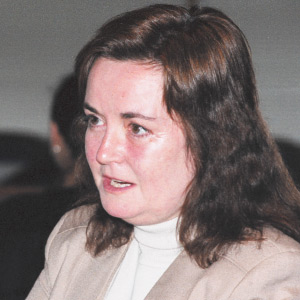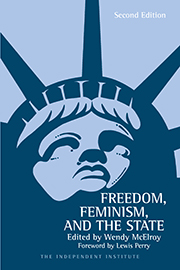When Kobe Bryant goes to court on rape charges, he will not stand trial alone. Society’s view of “victims’ rights” will also be under scrutiny.
A growing belief that false accusations of sexual assault have become commonplace has prompted a demand for fairer treatment of those accused, especially from the media. Critics of the media coverage seem particularly bitter about the standard policy of extending anonymity to accusers but not to the accused. They believe the double standard stigmatizes the accused, who should be presumed innocent, and encourages false accusations.
The criticism assumes that false reports are widespread. Estimates vary wildly.
At the high end is a study by the now-retired Purdue University sociologist Eugene J. Kanin who worked in cooperation with the police in a small metropolitan town. Kanin examined reports of forcible rape from 1978 to 1987 during which 109 accusations were lodged; 45, or 41 percent, were discarded as false. Three factors commonly motivated the false allegations: revenge, the need for an alibi, and a desire for attention.
At the low end of the estimate is the much-cited but vaguely supported “feminist” figure of 2 percent, popularized by Susan Brownmiller’s 1975 book “Against Our Will.” The extraordinarily low “feminist” figure only adds to a growing sense that accused men are often victims. First, they are victimized by false accusations and, then, by politically correct feminists who are seen to provide the ideological framework that enables false reports.
(The true number probably falls somewhere in between. In the absence of a signed confession, the adjudication of rape allegations as either “true” or “unfounded” does involve some subjective evaluation, a problem endemic to all studies and statistics on rape.)
As the Bryant case proceeds, calls for fair treatment of accused men and an end to double standards are likely to grow louder.
So far the most blatant double standard applied has been the media’s reporting on Bryant while protecting his accuser’s identity. In this case, the protection is nominal because some commentators thought the situation so unfair that they outed the accuser and her name is easily found on the Internet. Nevertheless, most news sources continue to withhold the accuser’s identity as a matter of policy and they do so in other cases where that protection is real, not nominal.
Their caution is understandable. There may be no legal compulsion to name only the accused but there is the clear shadow of law. Judge Gannett indicated this by issuing a “decorum order” in the Bryant case. He threatened reporters who named the accuser with expulsion from his court and unspecified legal sanctions—a threat that has been labeled “unconstitutional.”
Many also call it unjust: Either name both parties or neither. This is not merely a matter of balance and accuracy in reporting; it is also to ensure a fair trial. By naming only the accused, news reports can prejudice his court case—for example, by contaminating the jury pool. By not naming an accuser, the media can benefit her case. Consider one example. When an accused rapist is named, other victims can come forward to add their testimony; when an accuser remains unnamed, witnesses who could discredit her account may be unaware of the proceedings.
Two defenses are commonly offered for maintaining anonymity: to protect the victim from embarrassment; and, to encourage other victims to come forward.
The first rationale rests on the compassionate and sound belief that a rape victim should not be brutalized a second time. However emotionally compelling this argument may be, it fails because it assumes precisely what is in question. Is the accuser a victim? Is the accused guilty? Until the evidence has been openly examined, these questions cannot be answered.
Beside which, sympathy for a possible victim does not explain why equal consideration is not extended to the accused. After all, the accused is presumed innocent and, so, the reporting of his name may devastate an innocent life. If the victim’s identity should be protected, so should the accused up until he is judged “guilty.”
The second rationale for anonymity is to encourage accusers to come forward. There is nothing positive about increasing the number of accusations unless they are accompanied by standards that maintain the accuracy of reports and the rights of the accused. By loosening standards of accountability, false reports are likely to increase and, so, cause the sort of backlash we are witnessing today. People are concerned not only for victims who may be their daughters, they also worry about their sons who could be falsely accused.
The Bryant case could be a tipping point for how our society views and treats “victims.” We may start looking at them with more skepticism and less sympathy. This would be tragic for women who have been sexually assaulted.
Veteran PC feminist Susan Estrich has noted this risk. In an Oct. 22 column for Creators Syndicate, she wrote: “From the perspective of the laws that protect victims’ rights, this is a train wreck waiting to happen. You have the worst possible facts; the worst possible victim; the worst possible case for maintaining privacy. The ‘nuts and sluts’ defense has found its cover girl.”
A great deal depends on how much fairness is extended to the accused. And, here, the media could lead the way. Changes in the law take time but editorial and news policy can shift overnight. The media should adopt a new standard of either naming both parties or naming neither.









